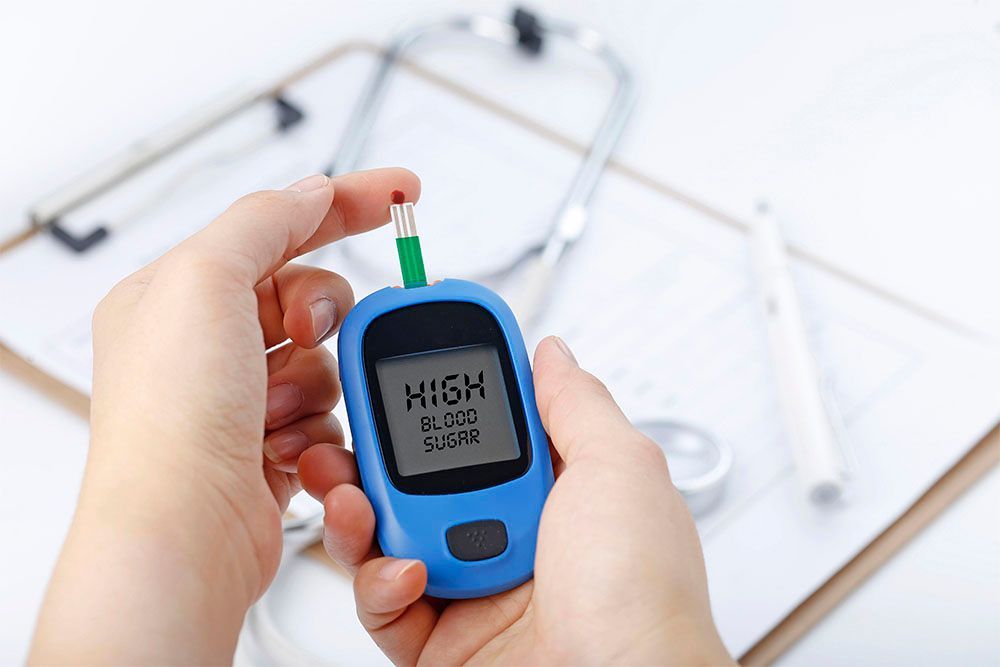DIABETES DEFINITION
diabetes definition
Diabetes is a chronic metabolic disorder. Due to the lack or insufficiency of insulin in the body, the ability to utilize sugar is reduced or even completely unable to be used, resulting in excessive blood sugar. Over time, defecation may lead to other serious problems, such as heart disease, blindness, or kidney disease. Under normal circumstances, the carbohydrates we eat will be decomposed into glucose (also known as blood sugar). The sugar is released into the blood, causing the blood sugar to rise, which in turn stimulates the pancreas to secrete insulin and promotes the release of glucose in the blood. Enters the cells and supplies the energy needed by the cells. However, diabetic patients may have high blood sugar due to insufficient insulin secretion or the body's inability to effectively utilize it. When the blood sugar exceeds the load of the kidneys, the sugar in the blood will be excreted through the urine, so it is called diabetes.

SYMPTOMS OF DIABETES
symptoms of diabetes
Type 1 diabetes develops quickly in the early stages and is therefore easy to detect. However, most patients with type 2 diabetes have no obvious symptoms in the early stages. They do not discover they have this disease until they undergo a blood test or have blurred vision or heart disease.
Overall, common symptoms of diabetes include:
• Eating, drinking and urinating more
• Recurrent gum inflammation
• Headache, dizziness
• Unexplained weight loss
• Fatigue and weakness
• Blurred vision






